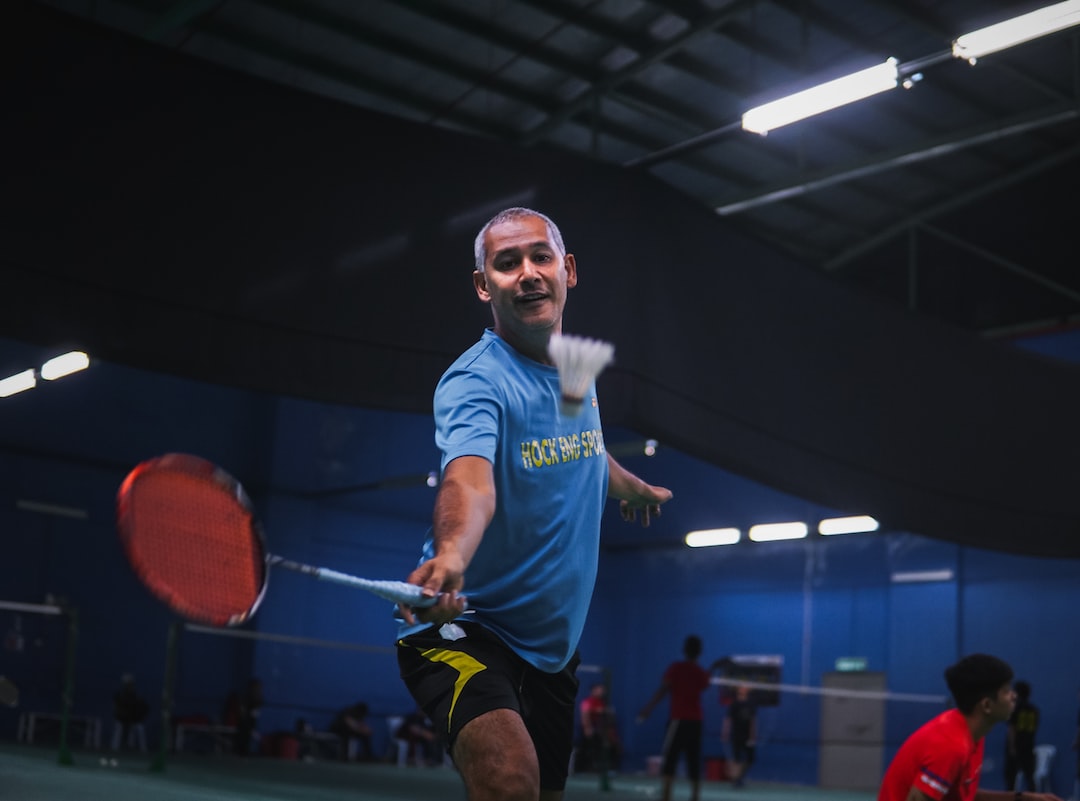Sports Psychology: Boosting Confidence and Self-Esteem in Athletes
Confidence and self-esteem play crucial roles in an athlete’s performance. When an athlete believes in themselves and feels positive about their abilities, they are more likely to excel in their chosen sport. This is where sports psychology comes into play. Sports psychologists help athletes develop mental skills that enhance their confidence and self-esteem, allowing them to reach their full potential.
One of the key aspects of sports psychology is the belief that confidence is not simply a fixed trait, but rather a skill that can be learned and developed. Through various techniques and strategies, athletes can improve their belief in their abilities, leading to better performance on the field, court, or track.
One such technique used in sports psychology is visualization. Athletes are encouraged to vividly imagine themselves successfully executing their skills or achieving their goals. By visualizing success, athletes can build confidence and prepare themselves mentally for the challenges they may face in their sport. This technique has been proven to boost self-esteem and improve athletic performance.
Another powerful tool in the sports psychologist’s arsenal is positive self-talk. Athletes are often their own harshest critics, and negative self-talk can severely impact their confidence and self-esteem. Sports psychologists teach athletes to replace negative thoughts with positive ones, encouraging them to focus on their strengths and past successes rather than dwelling on mistakes or failures. This shift in mindset can make a world of difference in an athlete’s overall confidence and performance.
Goal-setting is another fundamental aspect of sports psychology that can enhance an athlete’s confidence. By setting specific, measurable, attainable, relevant, and time-bound (SMART) goals, athletes are able to track their progress and gain a sense of accomplishment, boosting their self-esteem. The process of setting and achieving goals also helps athletes develop a growth mindset, understanding that success is a journey of continuous improvement rather than an end result.
Sports psychologists often work closely with athletes to develop pre-performance routines. These routines can help athletes mentally prepare for competitions and reduce anxiety, allowing them to perform at their best. Routines can include activities such as warm-up exercises, visualization, and focused breathing techniques. By engaging in these routines, athletes can build confidence and create a sense of familiarity, which in turn boosts their performance and overall self-esteem.
Lastly, it’s important to acknowledge the relationship between an athlete’s physical and mental well-being. Physical exercise has numerous benefits, including the release of endorphins that improve mood and reduce stress. In turn, improved mental well-being leads to increased confidence and self-esteem. By emphasizing the connection between physical and mental health, sports psychologists can guide athletes toward a holistic approach to their well-being.
In conclusion, sports psychology plays a critical role in boosting confidence and self-esteem in athletes. By employing techniques such as visualization, positive self-talk, goal-setting, pre-performance routines, and promoting a holistic approach to mental and physical health, sports psychologists help athletes unlock their full potential. Confidence is not an inherent trait; it is a skill that can be learned and developed. By investing in their mental game, athletes can elevate their performance and achieve success in their chosen sport.

